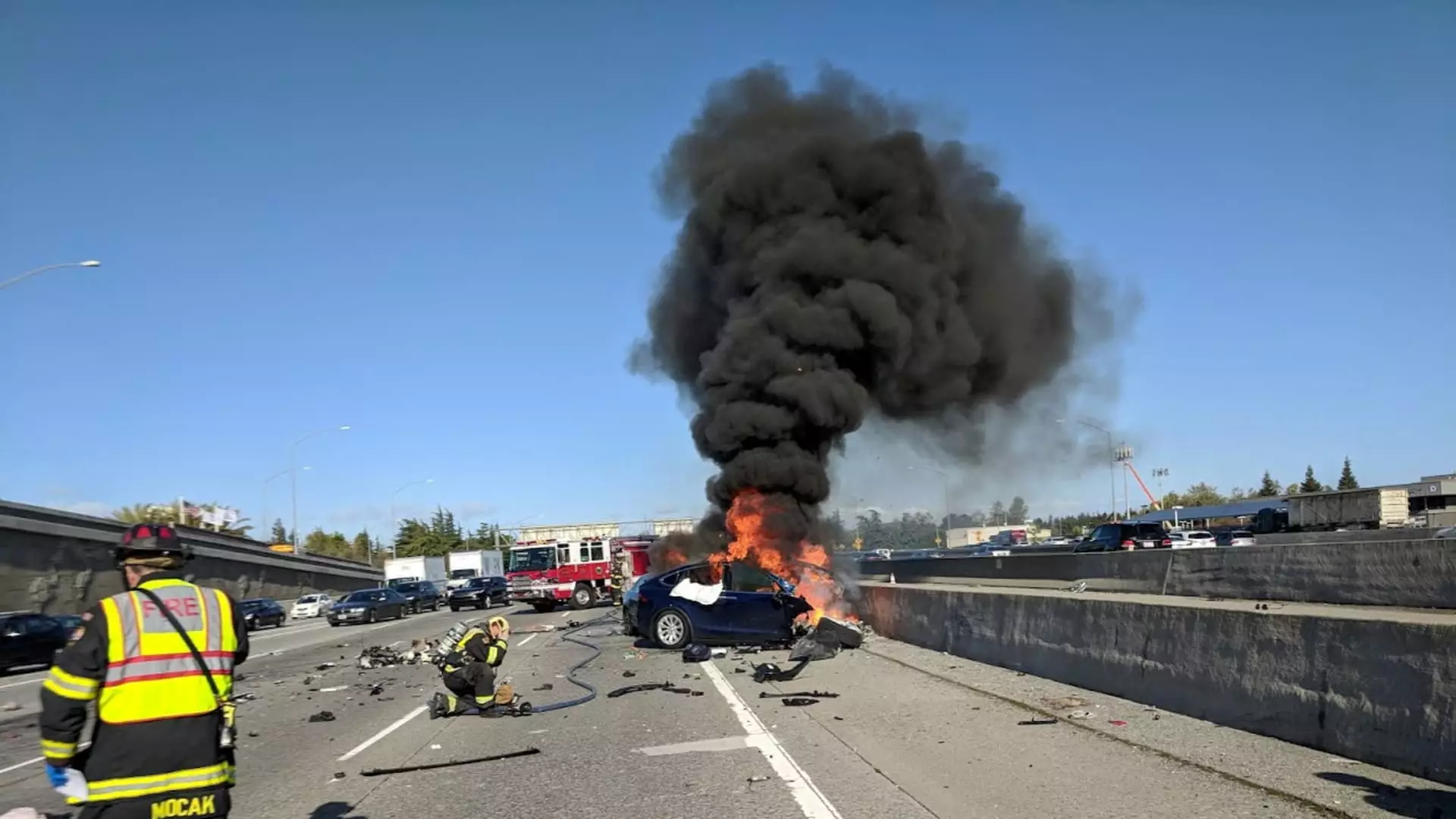Recently, Tesla made headlines for settling a wrongful death lawsuit with the family of Walter Huang, an Apple engineer who tragically passed away in a Model X SUV crash in 2018. The incident occurred while the Autopilot features were activated, causing the vehicle to collide with a highway barrier near Mountain View, California. The settlement was reached just as jury selection and trial proceedings were commencing in a California Superior court, allowing Tesla to avoid the public scrutiny and attention that would have accompanied a trial.
The National Transportation Safety Board conducted an investigation into the fatal crash and concluded that Tesla’s technology played a role in the collision, alongside potential driver distraction and road infrastructure issues. The agency determined that Tesla’s forward collision warning system failed to alert the driver, and the automatic emergency braking system did not engage as the Model X accelerated into the highway barrier. Additionally, faded lane markings and the positioning of the crash attenuator were identified as potential contributing factors to the accident.
Huang’s family filed a wrongful death lawsuit against Tesla, citing safety and design flaws in the company’s driver assistance systems as primary factors in the tragedy. The case raised concerns about the efficacy and reliability of Tesla’s Autopilot feature, especially in terms of ensuring driver attentiveness and safety on the road. Attorneys representing the Huang family also pointed to social media and marketing materials from Tesla and its executives, which may have misled consumers about the capabilities and limitations of Autopilot.
Internal emails from Tesla executives and engineers, revealed in court filings, showed discussions about becoming complacent while using Autopilot or other premium features while driving. Some employees admitted to engaging in distracting activities, such as reading emails and checking their phones, with these systems activated. This internal controversy underscored broader concerns about safety culture and practices within Tesla, potentially influencing public perception and investor confidence in the company.
The decision to settle the lawsuit has implications for Tesla’s reputation and legal standing in the face of ongoing product liability challenges. Had the case gone to trial and Tesla been found liable for Huang’s death, it could have set a precedent for future lawsuits against the company. The outcome of this settlement and the potential avoidance of a trial raise questions about accountability, responsibility, and transparency in the development and marketing of autonomous driving technologies.
Tesla’s settlement of the wrongful death lawsuit is a significant moment that sheds light on the complexities and controversies surrounding autonomous vehicle technology. It underscores the need for rigorous safety standards, clear communication with consumers, and accountability for companies developing and deploying such advanced systems on public roads. This case serves as a cautionary tale for the automotive industry as it navigates the challenges and opportunities presented by the era of self-driving cars.

Leave a Reply